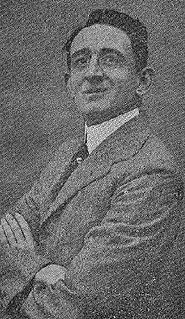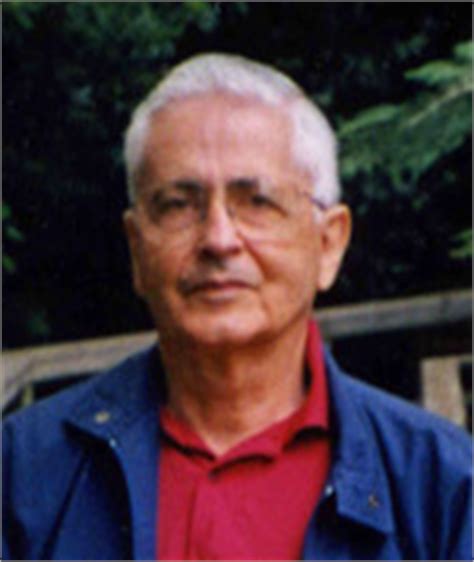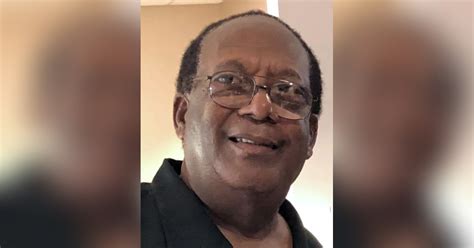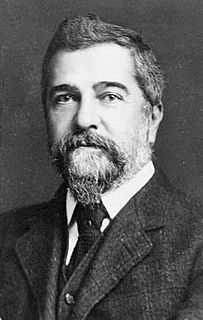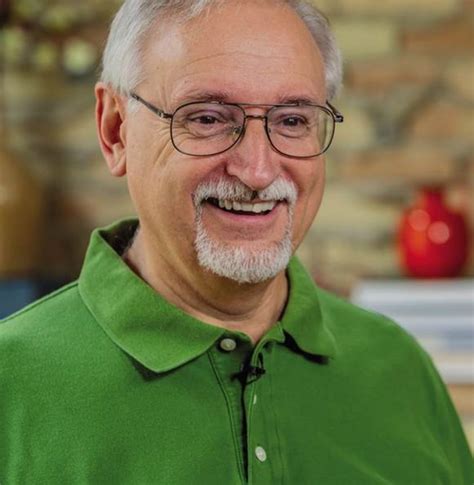A Quote by Fulton Oursler
In making our decisions, we must use the brains that God has given us. But we must also use our hearts, which He also gave us.
Related Quotes
In making our decisions, we must use the brains that God has given us. But we must also use our hearts which He also gave us. A man who has not learned to say, No -who is not resolved that he will take God's way, in spite of every dog that can bay or bark at him, in spite of every silvery choice that woos him aside-will be a weak and a wretched man till he dies.
In order to be truthful
We must do more than speak the truth.
We must also hear truth.
We must also receive truth.
We must also act upon truth.
We must also search for truth.
The difficult truth
Within us and around us.
We must devote ourselves to truth.
Otherwise we are dishonest
And our lives are mistaken.
God grant us the strength and the courage
To be truthful.
Amen
On the other end of the spectrum, we can't use this permission to sometimes say no and use it as a wand to wish away all our responsibilities. We also must remember not to use our "no" answers as a weapon. We can't turn into No! ninjas, karate-chopping anyone who even comes close to asking us for something.
God gave us minds to think with and hearts to thank with. Instead we use our hearts to think about the world as we would like it to have been, and we use our minds to come up with rationalizations for our ingratitude. We are a murmuring, discontented, unhappy, ungrateful people. And because we think we want salvation from our discontents.
We must embrace our differences, even celebrate our diversity. We must glory in the fact that God created each of us as unique human beings. God created us different, but God did not create us for separation. God created us different that we might recognize our need for one another. We must reverence our uniqueness, reverence everything that makes us what we are: our language, our culture, our religious tradition.
Since all of us desire to be happy, and since we evidently become so on account of our use—that is our good use—of other things, and since knowledge is what provides this goodness of use and also good fortune, every man must, as seems plausible, prepare himself by every means for this: to be as wise as possible. Right?
The gospel is saying that, what man cannot do in order to be accepted with God, this God Himself has done for us in the person of Jesus Christ. To be acceptable to God we must present to God a life of perfect and unceasing obedience to his will. The gospel declares that Jesus has done this for us. For God to be righteous he must deal with our sin. This also he has done for us in Jesus. The holy law of God was lived out perfectly for us by Christ, and its penalty was paid perfectly for us by Christ. The living and dying of Christ for us, and this alone is the basis of our acceptance with God
We must also remember some of the key lessons of Scripture. In our weakness he is strong. He can use suffering to strengthen our character. He can use evil to accomplish good (precisely the nature of the discussion in the book of Habakkuk). God's sovereignty is demonstrated in that whatever personal or nonpersonal agents do, God takes it and turns it to his purpose.
